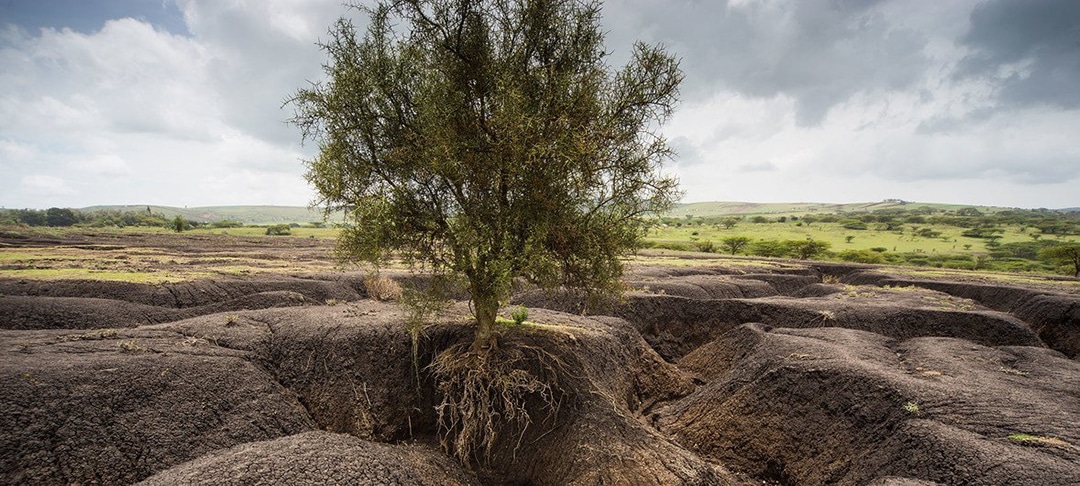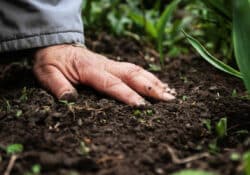

Human Activities Have Degraded 40% of Land on Earth
Human activities are damaging and degrading the lands of the Earth to the point where up to 40% of global terrain has been devalued, according to a new and comprehensive UN report.
The second edition of the Global Land Outlook (see below) from the United Nations Convention to Combat Desertification (UNCCD), which took five years to compile, examines how the world manages land resources such as soil and water. The latest report revealed the global food systems to be the largest culprit of land degradation. Modern agricultural activities and the global food demand account for 80% of deforestation, 70%, of freshwater use, 29% of greenhouse gas emissions as well as being the leading cause of biodiversity loss worldwide.
As a result of human activities, an estimated USD$44tn, which is equivalent to about half the world’s annual economic output, is at risk by the depletion of natural resources.
“We cannot continue to just take land for granted,” said executive secretary of UNCCD Ibrahim Thiaw. “We cannot just continue to think that there is enough land out there, that there’s enough water and forest and wetlands to destroy, to respond to our insatiable greed, so to speak, for food and fibre and animal feed.”
Degraded land results from the loss of trees, the conversion of grasslands into croplands and the over-exploitation of water and soil in drylands. As land becomes less fertile, it is depleted of natural resources and vegetation, and are unable to support rich biodiversity.
It also loses its capacity to store carbon dioxide, which is key to help slow down global warming. With the rapid growth of modern agriculture, there’s been a sharp increase in methane and nitrous oxide emissions, two greenhouse gases that are more potent than carbon, largely from nitrogen fertiliser use and livestock.
The report notes that only 1% of farms control 70% of the world’s agricultural land, primarily large agribusinesses, while 80% of all farms are under 2 hectares. At the same time, around USD$700 bn agricultural subsidies are injected into the sector every year but only around 15% has a positive impact on natural capital or biodiversity.
If things continue as they are, or as the report describes as “business as usual”, due to human activities, a further 16 million square kilometres of land will be degraded by 2050, an area that is the size of South America.
More than 3 billion people are already living with the impacts of desertification, land degradation and drought. The majority of which are poor rural communities, small-scale farmers, women, youth, and Indigenous peoples.
Authors of the report warn that “business as usual is not an option”, and call for urgent action in changing how we manage the world’s land environments.
Restoring degraded land can start with reforestation and managing grazing more effectively. Simple changes in farming methods to terrace and contour farming, leaving land fallow, practising rainwater harvesting and storage can all help prevent soil erosion. Rewilding would also allow natural ecological processes to re-establish. These active restoration efforts would help reduce emissions and sequester carbon, contributing more than a third of the land-based climate action needed between now and 2030 to limit global warming.
Between 2013 and 2019, at least 70% of land clearing for agriculture occurred in violation of national laws. If governments go beyond restoration and actively protect lands as well, this would see crop yields increase in most developing countries, keeping food price inflations down.
Under this ‘protection and restoration’ scenario, biodiversity losses would likely continue but about a third of the projected losses would be prevented. The report also recommends that we should repurpose at least a third of the $700 bn agricultural subsidies, or as they term “perverse subsidies”, to restore 1 billion degraded hectares by 2030, an area roughly the size of the US.





0 Comments